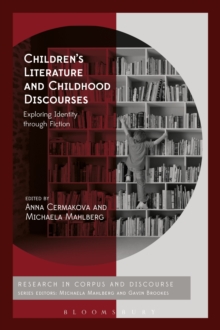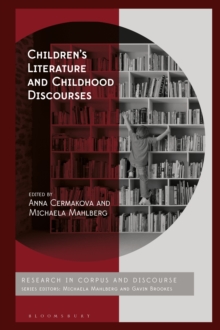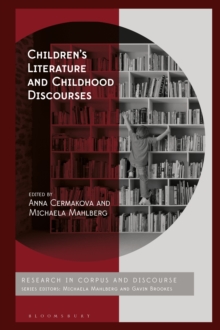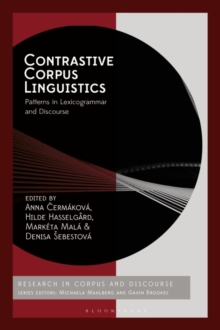
Working with Spanish Corpora Hardback
Edited by Dr Giovanni Parodi
Part of the Corpus and Discourse series
Hardback
Description
The main focus of this book is the investigation of linguistic variation in Spanish, considering spoken and written, specialised and non-specialised registers from a corpus linguistics approach and employing computational updated tools.
The ten chapters represent a range of research on Spanish using a number of different corpora drawn from, amongst others, research articles, student writing, formal conversation and technical reports.
A variety of methodologies are brought to bear upon these corpora including multi-dimensional and multi-register analysis, latent semantics and lexical bundles.
This in-depth analysis of using Spanish corpora will be of interest to researchers in corpus linguistics or Spanish language. "Corpus and Discourse" series editors are: Wolfgang Teubert, University of Birmingham, and Michaela Mahlberg, Liverpool Hope University College.
Editorial Board include: Frantisek Cermak (Prague), Susan Conrad (Portland), Geoffrey Leech (Lancaster), Elena Tognini-Bonelli (Lecce and TWC), Ruth Wodak (Lancaster and Vienna), Feng Zhiwei (Beijing).
Corpus linguistics provides the methodology to extract meaning from texts. Taking as its starting point the fact that language is not a mirror of reality but lets us share what we know, believe and think about reality, it focuses on language as a social phenomenon, and makes visible the attitudes and beliefs expressed by the members of a discourse community.
Consisting of both spoken and written language, discourse always has historical, social, functional, and regional dimensions.
Discourse can be monolingual or multilingual, interconnected by translations.
Discourse is where language and social studies meet. "The Corpus and Discourse" series consists of two strands.
The first, "Research in Corpus and Discourse", features innovative contributions to various aspects of corpus linguistics and a wide range of applications, from language technology via the teaching of a second language to a history of mentalities.
The second strand, "Studies in Corpus and Discourse", is comprised of key texts bridging the gap between social studies and linguistics.
Although equally academically rigorous, this strand will be aimed at a wider audience of academics and postgraduate students working in both disciplines.
Information
-
Out of stock
- Format:Hardback
- Pages:280 pages
- Publisher:Bloomsbury Publishing PLC
- Publication Date:01/09/2007
- Category:
- ISBN:9780826494832
Information
-
Out of stock
- Format:Hardback
- Pages:280 pages
- Publisher:Bloomsbury Publishing PLC
- Publication Date:01/09/2007
- Category:
- ISBN:9780826494832










